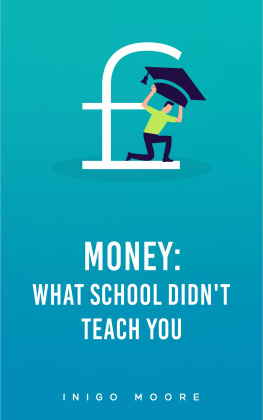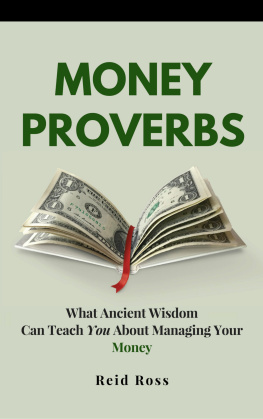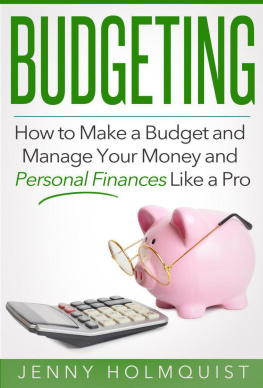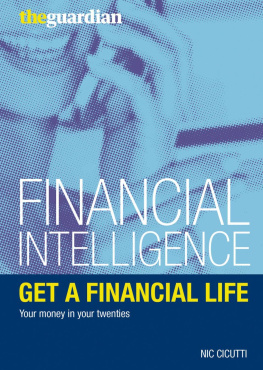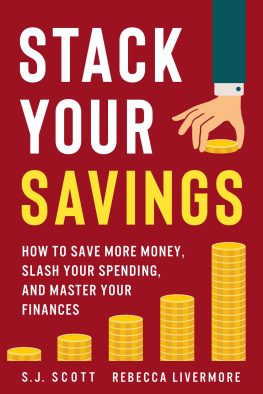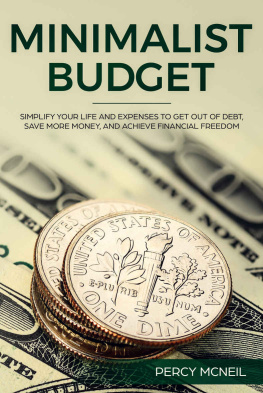All rights reserved. No part of this publication may be reproduced, stored or transmitted in any form or by any means, electronic, mechanical, photocopying, recording, scanning, or otherwise without written permission from the publisher. It is illegal to copy this book, post it to a website, or distribute it by any other means without permission.
The information within this publication is for entertainment purposes only. All opinions expressed are that of the author only and is not intended to be taken as professional advice on any related matters.
Preface
During my years in school, I spent a large proportion of my time dedicated to studying for various tests and exams, covering some incredibly specific topics. Did you know that in Ancient Egypt, people were extremely dependent on The Nile, with the regular flooding of farmland enabling them to grow crops? Their rulers - known as Pharaohs - were seen as gods, with their tombs being filled with all their possessions, pets, and even slaves so that these could be taken with them to the afterlife.
I can also tell you that the difference between a simile and a metaphor, is that the former describes an item or object as being like or as something else, whereas a metaphor, says it is something else.
I can even tell you that millions of years ago, all the continents were joined together as one huge land mass. Since then the tectonic plates have been slowly moving away from each other, with North America still moving further from Europe and Africa each year.
If you went to school in the UK during the last several decades, at some point you will have been taught all of these things - you may even remember them yourself. As students, our brains are filled with these, and countless other, irrelevant facts. When we were learning all these largely pointless facts, it was simply to pass a test or exam we had to take to go somewhere else - where we would learn even more information well never actually use in any of our adult lives. I do admittedly access part of this useless knowledge every now and then, with some facts coming into their own during pub quizzes or while watching The Chase or Pointless. However, much of what I can recall learning in school has never actually helped me navigate everyday life.
This is what happens when the school system is too focused on maximising grades and putting people in boxes according to how well they can memorise and reel off facts, or worse still, by their background and postcode. Of course, much of this cannot be blamed on the teachers. Most of them go over and above for their students, with their only reward being additional pressure to meet arbitrary performance targets. The real problem is with the national curriculum, the one-size-fits-all approach to education that doesnt equip people with the skills and knowledge theyll actually need to help them navigate through life.
This book aims to cover a range of topics related to money that young people today simply arent being taught in school, or anywhere else. In my day to day job, I work as an accountant, going through the finances of some of the UKs largest companies. Youre not going to win any prizes for guessing that the person to write a book on the principles of money, is in fact an accountant. However, you may be surprised to know that virtually all of the information and topics covered in this book are things Ive had to discover for myself, that I wasnt taught at school or even while studying accounting. Unfortunately, this is the case for everyone.
One of the main points of inspiration for me to put this book together, was that years ago I spent a lot of time learning about all of the different elements of investing, compound interest and budgeting. It wasnt until recently, when faced with questions about these topics by people I knew, did it fully dawn on me that this information is not widely known.
Were all just expected to do our own research and figure things out for ourselves, each making mistakes that could easily be avoided and are often costly. Until the situation is rectified and more attention is given to learning things of use (such as how much tax you need to pay, or the importance of investing for retirement), this book aims to be a one-stop-shop for the basics of money, covering everything you need to know.
An important point to raise is that despite being an accountant, Im not qualified to give financial advice. Should you want your own questions answered on how to apply the knowledge in this book, you may want to seek professional advice from a qualified financial advisor. Although this book aims to convey a range of information that Im confident will be of great use to anybody, you should not misinterpret this for investment, tax, or any other type of professional guidance.
Within this book, Im going to teach you about everything you need to know about money. With this knowledge, youll be fully informed about all sorts of decisions youre going to need to make at some point in life. From things like buying a house to paying off debt, compound interest to how much money you need to retire, this book aims to cover it all in one place. Through the information contained in the next 10 chapters, youll better understand how money really works and how to make the most of it.
As much as I want to properly convey to you what the following 10 chapters have in store for you, I think its also important to be clear about what this book is not. Its not telling you how to live your life or giving you a detailed plan of what to do from now until you die. Instead, it acknowledges that everyones situation is different, and one size certainly doesnt fit all.
Im not going to inspire you to change who you are, or try and make you think that money is all that matters. As much as Im passionate about this book, Im certainly not wanting people to think that locking money away is going to make them happy, or that understanding their credit score is going to make them see their lives differently. I simply want to live in a world where everyone can get the most of the numbers in their bank account, however large or small those numbers might be.
Compound Interest
The most powerful force in the Universe is compound interest
Albert Einstein
The best way for me to describe the impact that compound interest had on myself is similar to that of flight. The idea that you can climb inside a heavily pressurized container with any number of family, friends and strangers for less than a small fortune and end up pretty much anywhere in the world in less than 24 hours is as revolutionary to me as was the principle of compound interest.
For a long time in my life, I thought that all the money people had managed to accumulate throughout their lives was money they had earned, where each and every pound sat in a bank balance can be traced back to an hour, day, week or month of their lives they spent working. As far as I was concerned, someone that earns 50k and has a net worth of 100,000 must have been saving half their income for 4 years, or a quarter of it for 8 years, or less for much longer. Maybe this is how you think people save and grow their wealth. In fact, this is simply not the case, building up personal wealth is actually possible for virtually everyone. You dont need to win the lottery or earn big bucks to eventuall y retire comfortably or own the house you live in.

